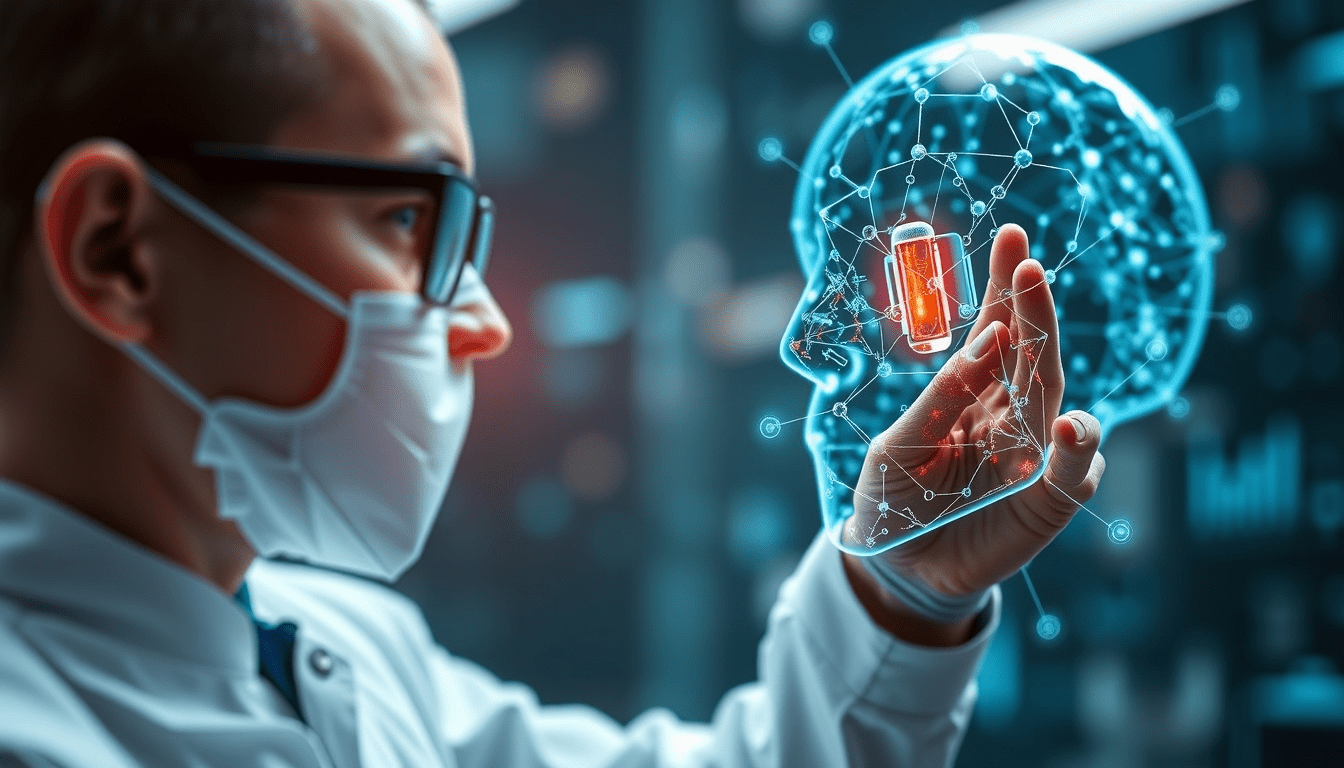Today, everyone is talking about artificial intelligence (AI) and the future of precision medicine. Just a few years ago, this topic would have been more likely to be associated with a science fiction movie.
I love taking care of my health and am a real geek when it comes to wearables, scores, training volume, load or sleep measurement – you name it, I track it. But AI can deliver much more than just an individual score.
In this article, we look at the impact of AI on precision medicine and the role of the insurance industry in accelerating its market maturity.
The rise of AI in precision medicine
For decades, medicine has operated on a “one-size-fits-all” principle – standardized treatments based on population averages rather than individual differences. But with advances in artificial intelligence and precision medicine, healthcare is moving towards highly personalized therapies.
This means we will finally understand why some people gain weight just from breathing, while their best friends eat junk food three times a day and still stay slim. And, more importantly, we will treat people according to their genetics, lifestyle and personal preferences. AI is already transforming diagnostics, drug development and treatment planning in ways we hardly thought possible just a few years ago. Let’s take a quick look at some of the most impactful areas of application.
AI-supported diagnostics
AI can analyze huge amounts of patient data – from genetic profiles to real-time biometrics – and detect diseases earlier and more accurately than conventional methods. Algorithms identify cancer, rare genetic diseases and cardiovascular diseases at the pre-symptomatic stage, giving patients valuable time for treatment. The aim is not to replace doctors, but to supplement their skills in a targeted manner.
Personalized treatments
Precision medicine is no longer based on trial and error. AI helps to match patients with the most effective therapies – based on their genetic make-up and the severity of the disease. AI-driven simulations even enable virtual drug tests on digital twins – computerized models of individual patients.
Revolution in drug development
AI accelerates pharmaceutical research by predicting which active ingredients are likely to be successful in clinical trials. This shortens development times, reduces costs and brings breakthrough therapies to people faster.
Forward-looking and preventive healthcare
AI-based wearables, continuous monitoring systems and predictive analytics detect early warning signs of disease. Our health is strongly influenced by our lifestyle, access to care and social factors – data that today is mostly outside the medical system.
Of course, the technology is not yet perfect – I myself was quite annoyed by the stress measurement of my Oura ring. It rated my increased heart rate during exercise as stress. Yes, technically correct – but not the stress I actually want to avoid.
Nevertheless, AI continues to develop – soon we will be able to recognize and treat diseases before they get worse. This means that we are moving from disease treatment to health care.
Medicine is evolving – but who will ensure that these technologies are accessible across the board? This is exactly where insurers come into play.
Mirela Dimofte
Read also: Medical advances in 2025: impact on health insurance





